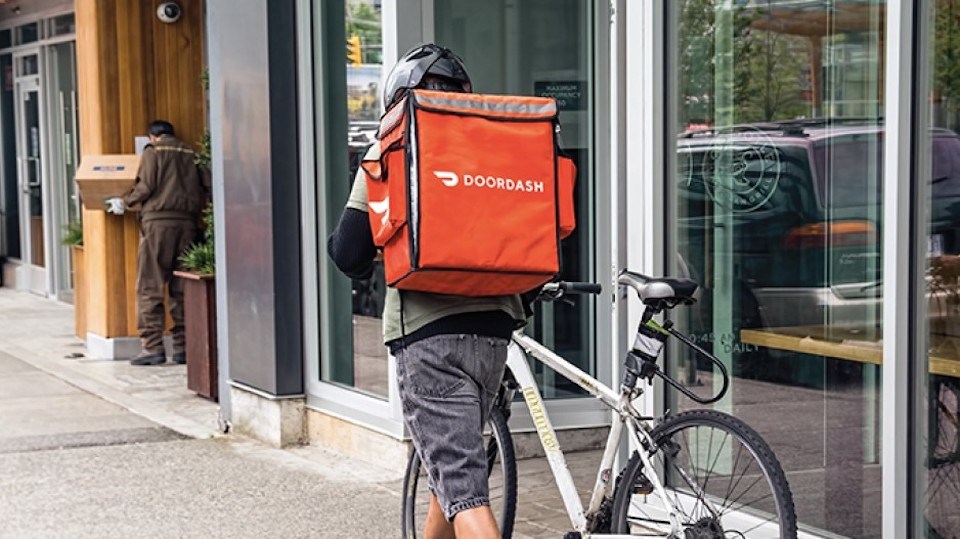The province is drawing a bead on workers dependent on delivering food through apps like SkipTheDishes or ferrying around Uber passengers in their own vehicles.
The B.C. government revealed Wednesday it’s embarking on a series of roundtables running through to the end of next month that will hear from both gig workers and those technology platform companies that typically classify them as independent contractors.
This comes as forecasters caution of a slowdown in the economy in the coming year, a prospect that could put pressure on consumers to cut down on Uber rides for evenings out or ordering meals from an app.
The province-wide roundtables come after the BC NDP pledged two years ago to develop a “precarious worker and gig economy strategy.”
“The strategy is incredibly important because we've seen the nature of work, especially over the last couple of years, change and change very quickly,” Adam Walker, parliamentary secretary for the New Economy, told BIV.
Constituents of Walker’s who work within the gig economy have raised concerns ranging from the way they’re paid if they’re injured on the job to the prospect of parental leave, he said.
A 2021 report from Uber Technologies Inc. (NYSE:UBER) found that 20 per cent of its drivers in Vancouver spend 35 hours or more on the app each week. Most (46 per cent) spend 15 hours or less on the app.
“If they were working in the private sector as employees, they would have certain rights,” Walker said, referring to those gig workers who spend full-time hours working for these app-based services.
“As they're working as independent contractors, there's certain rights that they are not afforded. Some of these are things that can be addressed at a provincial level, like the minimum wage.”
But he said issues like parental leave would be the domain of Ottawa by way of employment insurance.
The BC NDP pledged to develop a gig economy strategy during the 2020 provincial election campaign.
The party’s platform promised to guarantee gig workers the right to join a union and “bargain for fair working conditions.
“The strategy will be developed in partnership with labour and business organizations, and will reflect the diverse needs and unique situations of modern workplaces.”
The BC NDP pledged in the last election to create a government-backed, collective benefit fund for independent contractors, the self-employed and part-time workers. It also promised to expand access to a voluntary pooled-capital pension plan for workers without any coverage.
“There's a lot of cracks in the system and when people fall through them, often they don't have the wherewithal to address some of these issues themselves and they're really being disadvantaged,” Walker said.
He did not outline a timeline for an unveiling of strategy-specific initiatives when asked by BIV.
“This just continues on the work that we've been doing” through the Ministry of Labour, he said, pointing to increases in the minimum wage as one example.
“I'm looking forward to seeing the results of the [gig workers and industry] survey that we'll be launching shortly and following up on this engagement after Nov. 30.”



